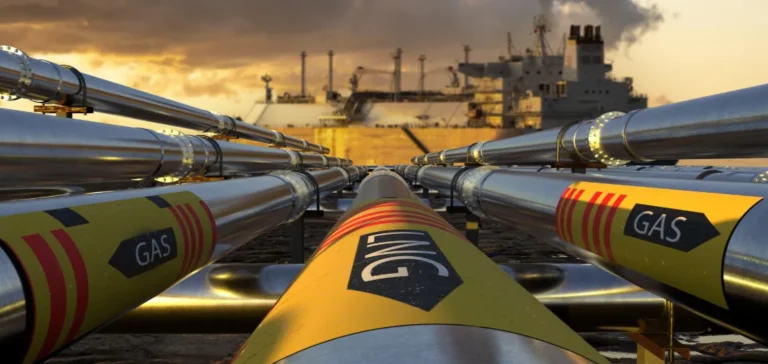The European Commission is urging energy operators to invoke force majeure to terminate their Russian liquefied natural gas (LNG) import contracts, as the 19th sanctions package mandates a complete phase-out by 2027–2028. This approach introduces a legally contentious strategy, as the validity of such clauses depends largely on the applicable law and the specific conditions of each agreement.
Increased legal risk for European buyers
Companies such as TotalEnergies, Naturgy and SEFE – Securing Energy for Europe – still hold around 10.4 Mt/year in contracts with Yamal LNG, a Russian counterparty directly affected by the sanctions. The Commission argues that the new bans represent sovereign acts beyond control, but arbitrators must assess whether this classification suffices to establish contractual impossibility.
Under English law, force majeure is a strictly contractual concept and must meet defined criteria of unpredictability and impossibility. In contrast, certain civil law systems such as the Netherlands provide a statutory basis for force majeure, enabling broader interpretations of external events such as sanctions.
Operational ripple effects across the EU
An early withdrawal from Russian LNG would disrupt supply chains in Europe, particularly at terminals such as Zeebrugge, Montoir or Bilbao, used as transit hubs. An upstream force majeure does not automatically apply to downstream contracts unless the molecular origin is contractually defined, exposing operators to cross-claims.
Service, storage and interconnection agreements with network operators may also require renegotiation, especially clauses concerning traceability and origin guarantees. As Russian flows diminish, dependence on alternative suppliers – the United States, Qatar, Algeria – is set to deepen.
Political incentives and regulatory pressure
The explicit inclusion of force majeure in European legislation is also intended to ease corporate liability. In Germany, authorities have confirmed that the 19th package allows SEFE to disengage from Russian flows without major penalties, a stance that may be replicated by other governments.
Brussels aims to enshrine this policy within an irreversible framework, even in the event of a ceasefire, preventing any opportunistic return to discounted Russian gas. The legislative lock-in sends a strong signal to international investors regarding the stability of the EU’s energy supply commitments.
Fragmentation of arbitration outcomes ahead
The diversity of applicable legal systems and arbitration seats is likely to result in a patchwork of conflicting decisions. Litigation may rise, particularly for contracts lacking automatic termination clauses after prolonged force majeure events.
Most past sanction-related disputes have been settled confidentially, but in this case, political resolve to sever all future energy ties with Russia limits the scope for negotiated settlements. Some Member States may nonetheless promote standardised exit models for the most sensitive exposures.






















